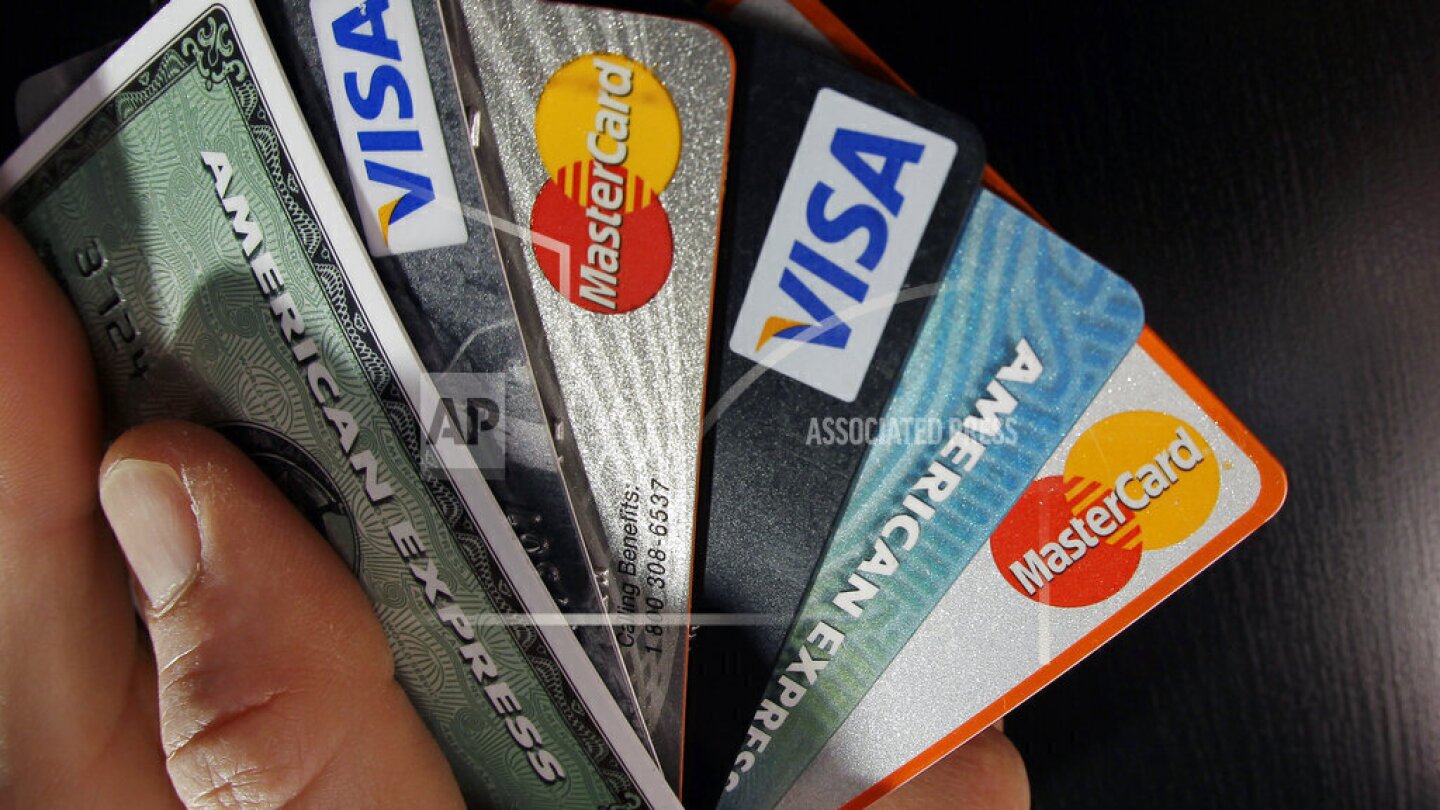The cost to overdraw a bank account could drop to as little as $3 under a proposal announced by the White House, the latest effort by the Biden administration to combat fees it says pose an unnecessary burden on American consumers, particularly those living paycheck to paycheck.
The change could potentially eliminate billions of dollars in fee revenue for the nation’s biggest banks, which were gearing up for a battle even before Wednesday’s announcement. Exactly how much revenue depends on which version of the new regulation is adopted.
Banks charge a customer an overdraft fee if their bank account balance falls below zero. Overdraft started as a courtesy offered to some customers when paper checks used to take days to clear, but proliferated thanks to the growing popularity of debit cards.



The issue isn’t necessarily the amount. People shouldn’t overdraw their accounts and it seems prudent for the banks to charge for giving you an impromptu quick loan.
The issue is how fees are applied. Let’s say someone overdrew their account for $100. To get there, they had six miscellaneous debits totaling $75, and their rent check, which all hit their account on the same day. Rather then settle it in time order, they decide to settle the largest first, under the theory that customers want their largest checks to have the best chance of clearing in this situation. But the rent check puts them under, incurring a fee, but then when all six miscellaneous debits hit, they each incur a fee also! If the fee is $30, that’s $210 just in fees! Even at $3, though, that customer is still paying $21 in fees. But if they processed the rent check last, the account would have only overdrawn once.
If used to be that if there wasnt enough money in the account, the check bounced. Maybe we should go back to that. But if people want overdraft protection, the bank should be limited to just one charge in a statement period. Then they can keep it at $30, but customers don’t risk escalating fees just because of the order in which banks process charges.
deleted by creator
In case you, or others run into this in the future, know that cash (at almost every bank) posts to your checking account immediately. So for our situation if you were able to go back time and do this again, go into the bank and do a cash withdraw from savings, get the cash in hand, then hand it right back to them as a cash deposit to checking.
deleted by creator
I misunderstood this entirely.
Not to go on the “we have it better here”… But it hasn’t occurred to me you guys get charged a fee per transaction, that’s wild. My bank, if i go into an overdraft, will charge a % of what i owe after 24h of not clearing it. There’s no “pay X because you went under”. I pay interest on what i owe to the bank per day till i clear it.
Nobody wants to risk escalating fees, but these escalating fees amount to 18, rather than $150.
This is a positive step forward